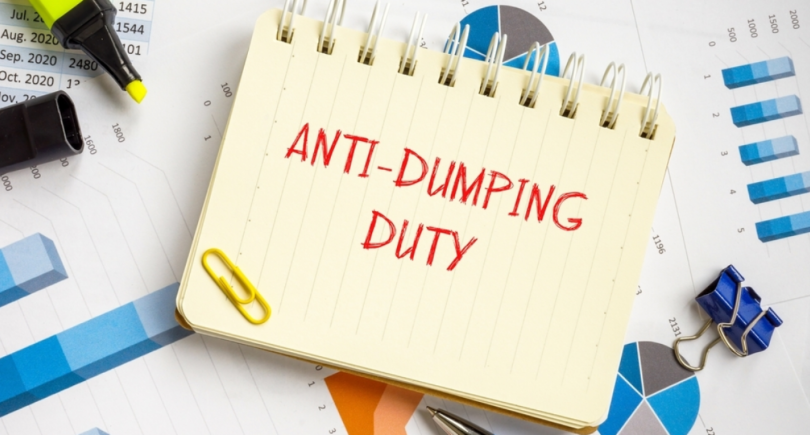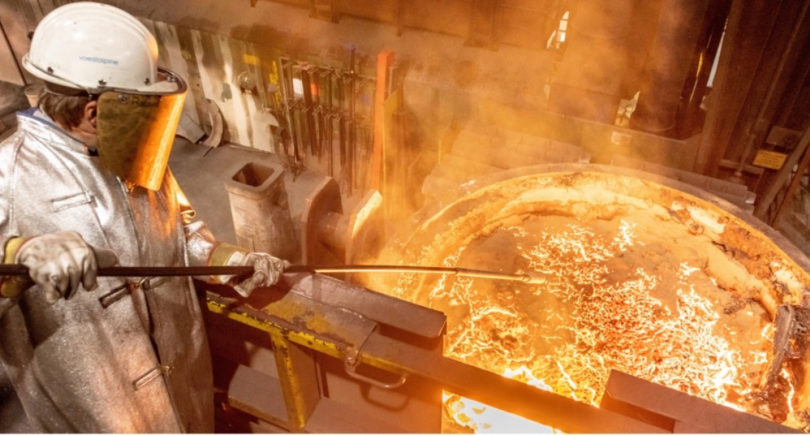
News Global Market CBAM 1244 07 May 2025
India's exports of steel, aluminum and cement to the EU may face a tariff of 20-35% under the mechanism
India will take retaliatory measures if the EU continues to implement a plan to levy a carbon tax on Indian products under the Cross-Border Carbon Adjustment Mechanism (CBAM). This was stated by the Minister of Commerce and Industry of the country Piyush Goyal, Financial Express reports.
“We will take measures in response to any non-tariff barriers,” he said.
The two sides are negotiating a free trade agreement (FTA), aiming to finalize it by the end of this year. While the FTA should reduce tariffs for imports from India, the CBAM could negate the benefits that the country could expect by supplying goods covered by the European carbon tax.
Under the mechanism, Indian exports of steel, aluminum and cement to the European Union could face tariffs of 20-35%, NDTV reports.
According to the minister, the climate talk is gradually fading away, he called CBAM “very irrational rules”.
Regarding the climate issue, Piyush Goyal regretted that the promises made by developed countries in the Paris Agreement have largely remained unfulfilled.
“Since 2015, the bigger issue is not only climate change, but also the inability of developed countries to provide technology transfer, long-term concessional financing for climate action and support in line with the principle of common but differentiated responsibilities (CBDR),” he said.
The Minister emphasized the critical need to address the root causes of carbon emissions, including excessive consumption and waste.
As GMK Center reported earlier, the National Association of Extractive Industries of Ukraine (NAEI) and leading subsoil market participants called on the Ukrainian authorities to urgently initiate negotiations with the EU to mitigate or postpone the terms of the CBA and to apply the force majeure clause to exclude Ukraine from the mechanism.
According to GMK Center’s updated estimates, Ukraine may lose $7.2 billion of GDP by 2030 as a result of the CBAM.




